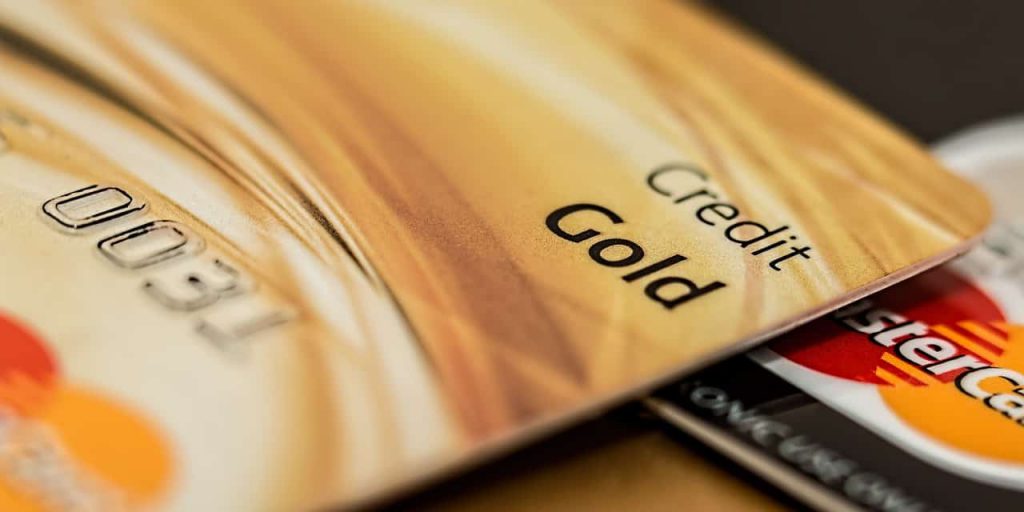Are you afraid of falling behind on a credit card payment? If so, you’re not alone.
A new Gallup poll shows 18% of American adults are “very” or “moderately” worried about being unable to make the minimum payments on their credit cards. That’s not the biggest financial concern among Americans, according to the poll — covering emergency medical expenses and saving enough money for retirement tie for the No. 1 money-related fear.
Nonetheless, if you have a credit card, you should be concerned about making the minimum payment so that you can avoid screwing up your credit history and your credit score.
Compare Credit Cards
Help! I can’t make the minimum credit card payment!
Many of us have been in a financial jam and have had trouble scraping together enough money to make the minimum monthly payment on a credit card. So, what should you do if this happens to you?
First of all, do whatever you can to make that monthly payment before it’s 30 days past due. This way, you’ll avoid being hit with a late fee, which can be up to $27 the first time around and up to $38 when a late payment happens again.
If you make the payment after the 30-day window closes, the credit card company can report to the three credit bureaus — Equifax, Experian and TransUnion — that your payment was late. If you fail to make the payment before the 30-day window or you fail to make the payment at all, your account will be flagged as being delinquent.
Another consequence of late or unpaid bills is that they’ll show up on your credit reports. Even just one late payment stays on your reports for seven years. And this means your credit score will suffer — FICO, the major credit-scoring company, says your payment history makes up 35% of a FICO credit score.
When looking at late payments on your credit reports, FICO says it considers how recent the late payments are, how big the late payments are and how frequently the late payments occur in figuring out your credit score.
Communicate with the credit card company
So, let’s say you owe a $75 monthly payment on your credit card but you don’t have enough money to cover the bill and you’re not sure when you’ll have the money. Even if you send $50 of that $75 minimum payment, your account will be considered delinquent because you failed to pay the entire amount due.
If you’re in this kind of situation, it’s time to reach out to the company that collects your monthly payments and ask for help. The credit card company might give you a break if you’ve suffered a financial hardship, such as being laid off from your job.
“They may be able to give you a little relief while you get your financial situation in order, but if you don’t ask you, will never know what they can do to help you avoid falling behind on your payments,” says Bruce McClary, vice president of communications at the National Foundation for Credit Counseling, which represents nonprofit credit counseling agencies. “While there is no guarantee how they might be able to help, it’s possible that they might allow one month of an interest-only payment or even permission to skip a payment.”
Confront the issue head-on
This is no time to hide from the problem. If you’re having trouble making one minimum payment on a credit card, then it’s possible that you’re going to miss future payments. You don’t want to go down that road.
“A payment not paid in a given month with the idea that you will just make it up with the next payment is not a good plan,” says credit expert Julie Marie McDonough, author of “How to Make your Credit Score Soar.” “Multiple late payments on the same or multiple accounts will decrease your credit score much greater than only having one late payment. It shows a pattern.”
That pattern often indicates there’s an underlying problem, such as out-of-control spending. McClary says it’s important to address the root cause of what led you to fall behind on credit card payments.
A nonprofit credit counseling agency can help put you back on the right path. For instance, a credit counselor can review your budget and come up with a plan to repay your debts. To find a credit counseling agency in your area, visit nfcc.org.
“The main thing to remember is that a couple of consecutive missed payments can set you back a long way when it comes to your credit score, which can make it costlier to borrow in the future. That’s the last thing you want to happen when it is hard to afford payments on the debt that you already owe,” McClary says. “Reaching out to a creditor before you miss a payment is the most ideal solution, but nonprofit credit counselors are a resource if you are already past due.”
